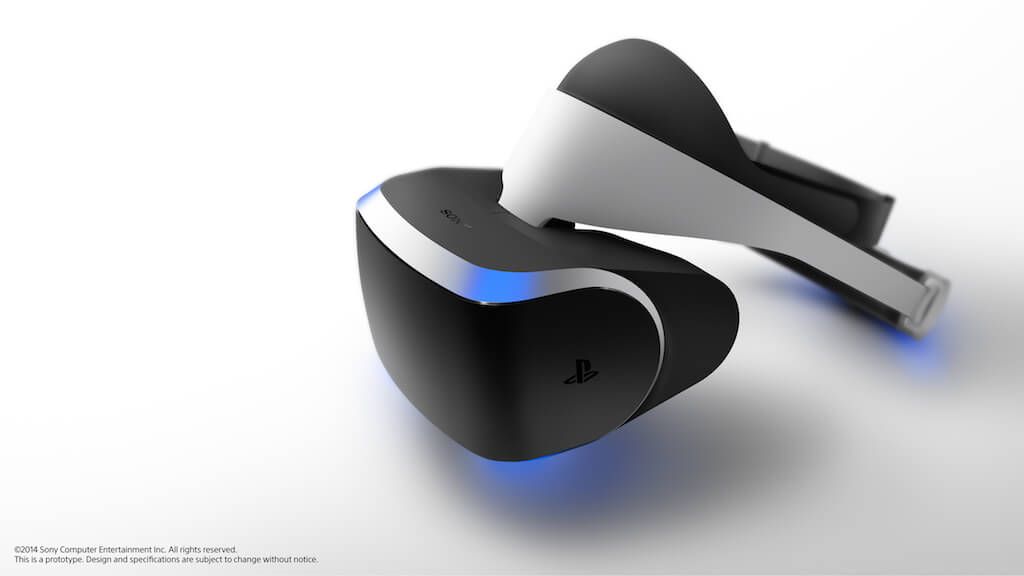Despite showing recent emergence in the form of the PC-compatible VR (virtual reality) headset Oculus Rift - a device that continues to impress the industry and media at conventions and trade shows - the technology has been around for a while. Announced at GDC last week, Sony is also making a sizeable virtual reality splash in the market with their recently announced competitor, Project Morpheus. While early press previews and online feedback from fans suggest that there is support for the tech, virtual reality is still relatively untested in the gaming market, leading Michael Pachter, an analyst at Wedbush Securities, to voice his doubts.
Pachter is a known figure in the video game industry and it seems as though his latest predictions are based off of analysis of the difference in the markets that Oculus Rift and Project Morpheus operate in rather than in the oft-lauded similarities between the hardware. According to the analyst, “it’s a bad idea for multiple participants to chase [the virtual reality market}, and I think it’s a really bad idea for Sony” and as for Oculus Rift, he has “no problem” with the PC alternative as “they’re a startup and that’s a very small market and if they dominate it that’s great, but if it’s a small market and there are multiple players, it’s gonna be hard for anybody to make money.”
His statement follows skepticism in recent years over the viability of accessory products, such as the PlayStation Move motion controllers and the Kinect Camera, the second iteration of which continually comes under fire due to Microsoft’s mandatory Xbox One and Kinect 2.0 bundling.
“I don’t think it’s gonna be a big market. It sounds interesting, but I don’t think there will be enough content to justify making the capital investment to create the headset. I think it’s chicken and egg. If there’s no content you’re not gonna buy a virtual reality headset, and if you don’t buy a virtual reality headset, there won’t be any content, because no one will make a dedicated game for a very small audience.”
The fact that Ubisoft has also recently made an announcement that they would not develop games for virtual reality devices seems to support Pachter’s statement. However, despite his feelings towards Project Morpheus, Pachter still thinks that PlayStation, the brand that Project Morpheus would inevitably be included under, will be a “wild success,” elaborating on his previous statements by explaining that “I think the PlayStation division is gonna be very profitable, buy they might lose all that money with TV shows,” referring to Sony Picture’s recent announcement to developer Powers, a TV show that would be exclusive to the PSN (PlayStation Network) upon its release.
For Pachter, the tech isn't bad, just the idea of multiple players cannibalizing a small, premium market is. And this is certainly going to be a burden for developers if they have to make VR work across multiple devices. Sony's Project Morpheus is still in its prototyping stages and there's no official word yet on whether it'll become a consumer product, but if it does it'll be designed for the PS4 specifically. With reports indicating that Microsoft is also working away on an Xbox-branded VR headset, the market may become too crowded with three differetn VR headsets that all ostensibly do the same basic thing. Are multiplatform gamers going to have to buy THREE different headsets in the near future? Why aren't the console makers working with Oculus Rift, tech that already has widespread developer support and financial backing? Is competition in this front healthy, regardless?
Share your thoughts in the comments below!
Source: DualShockers.

